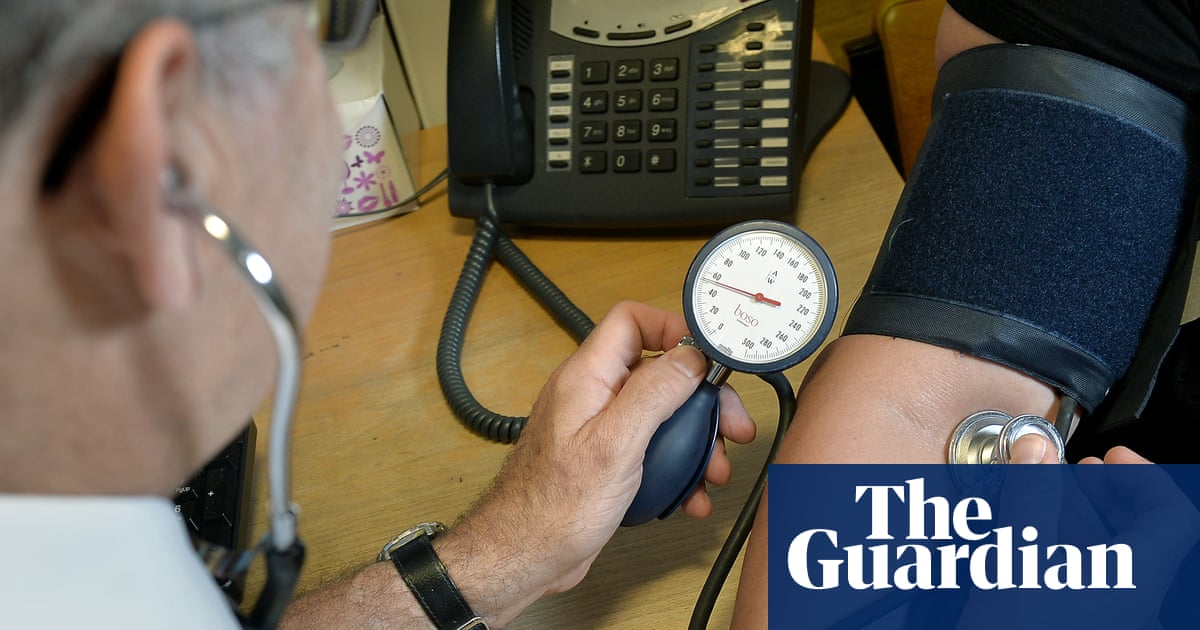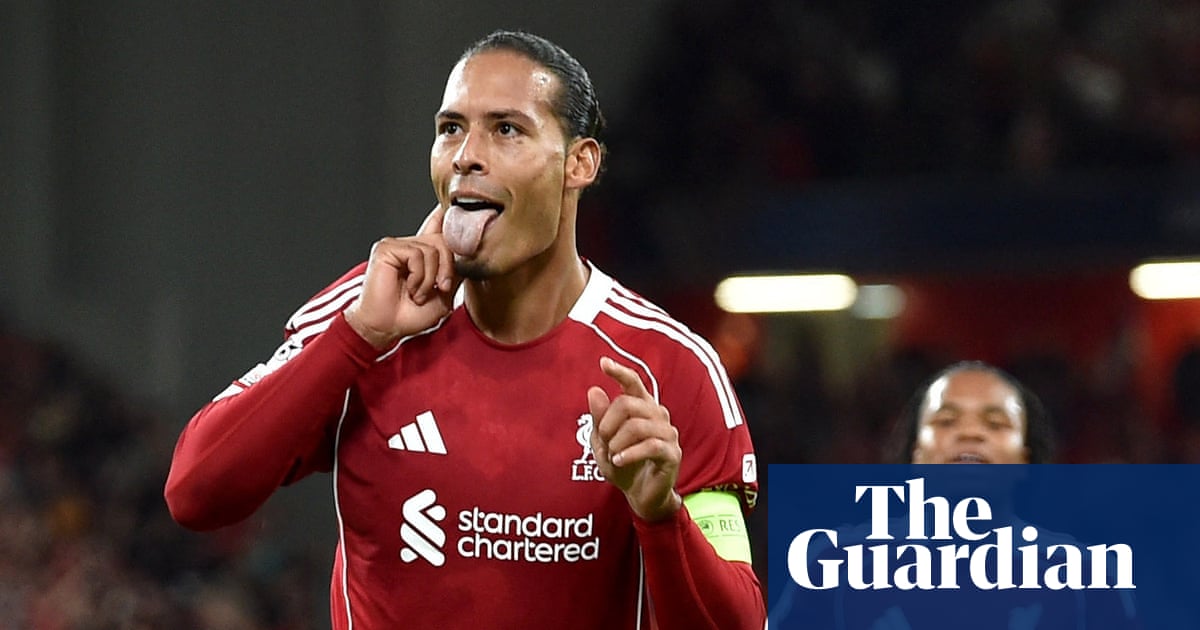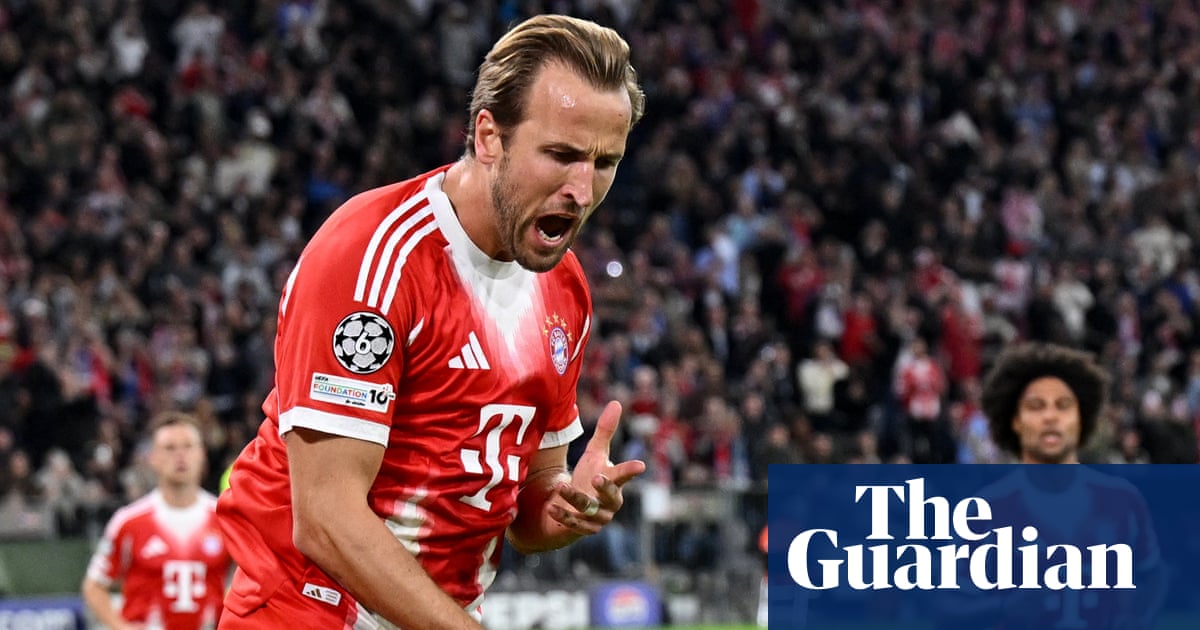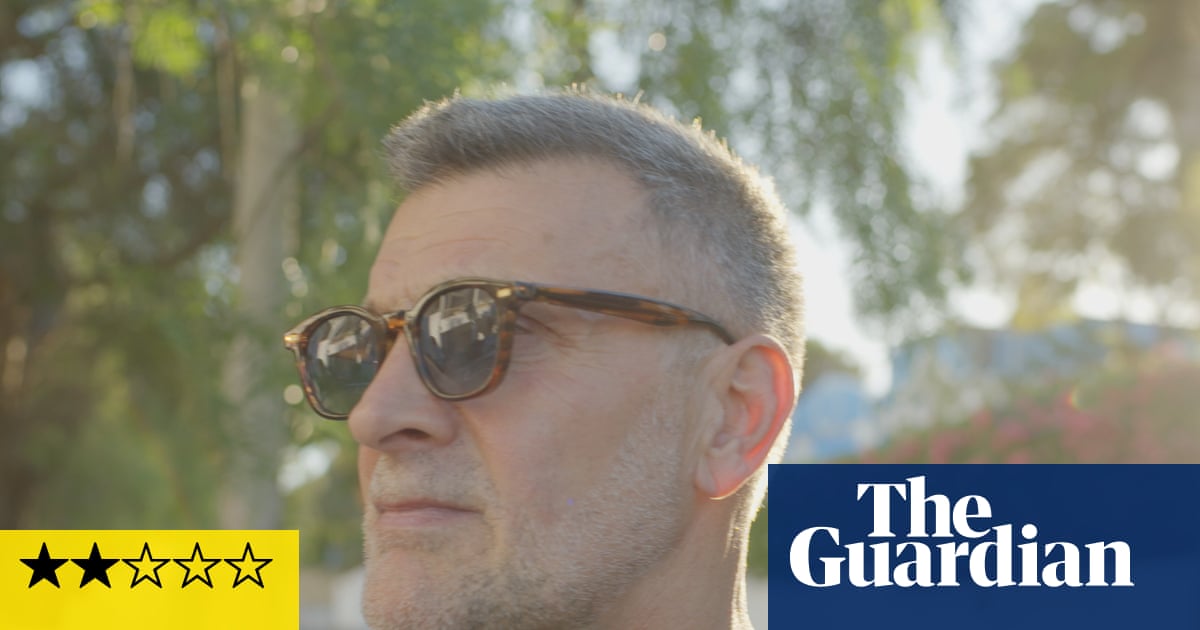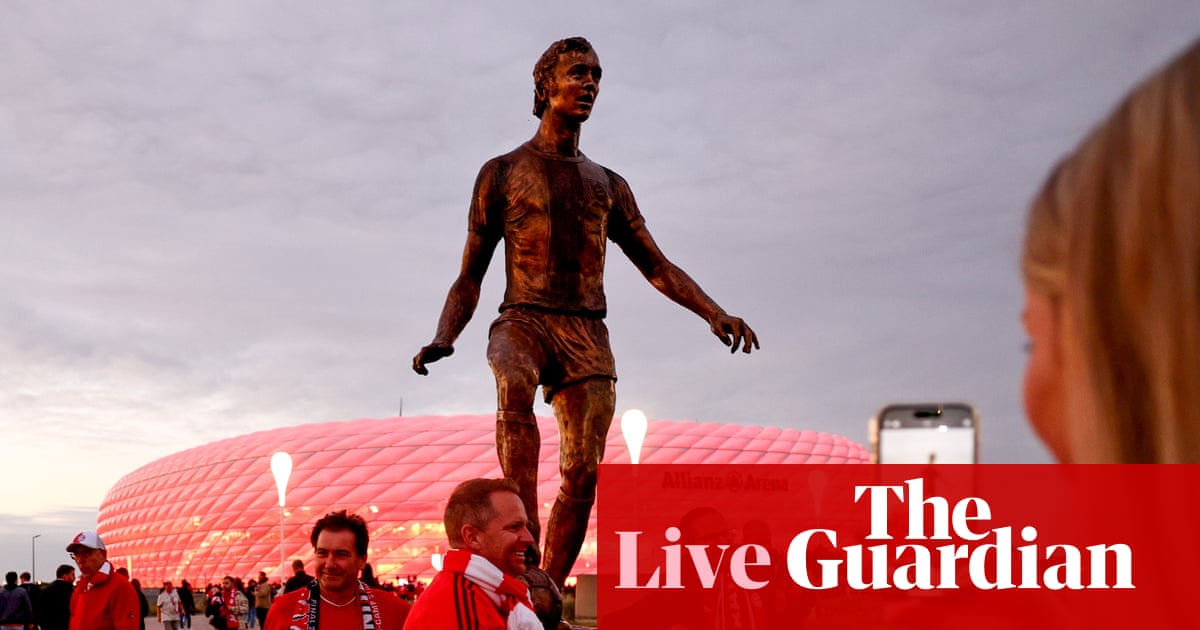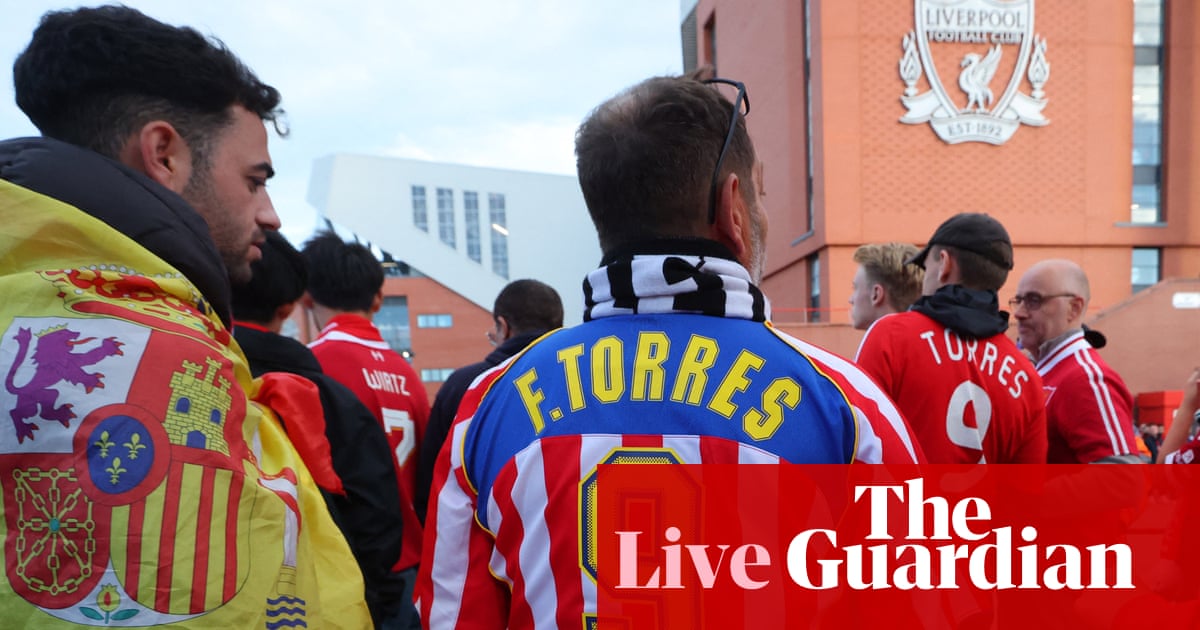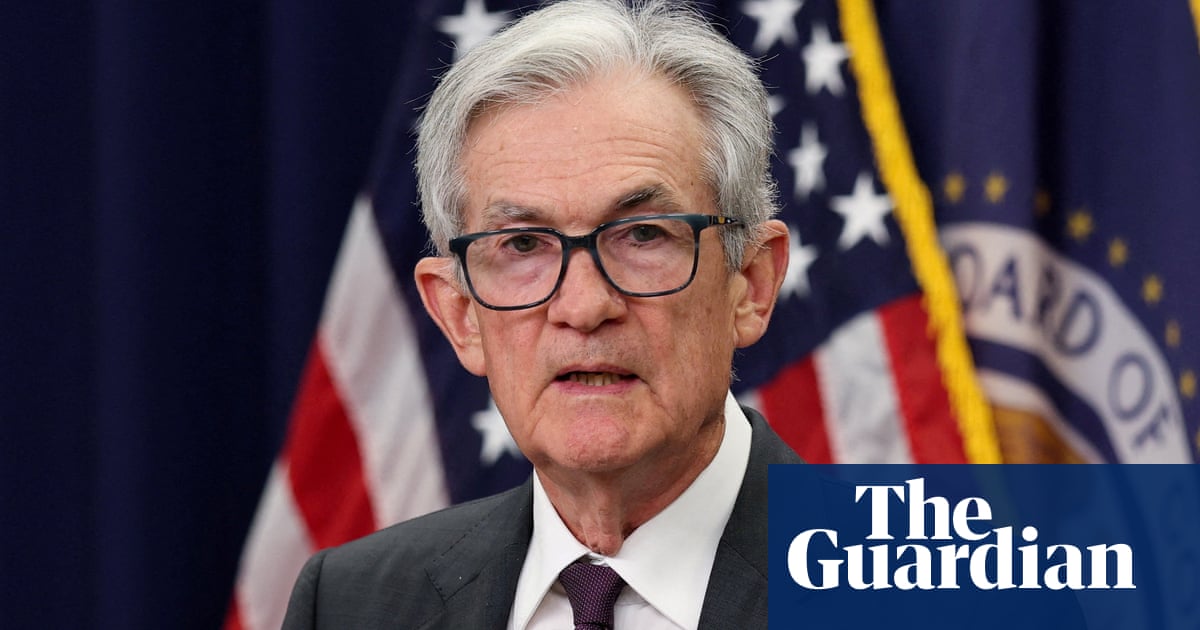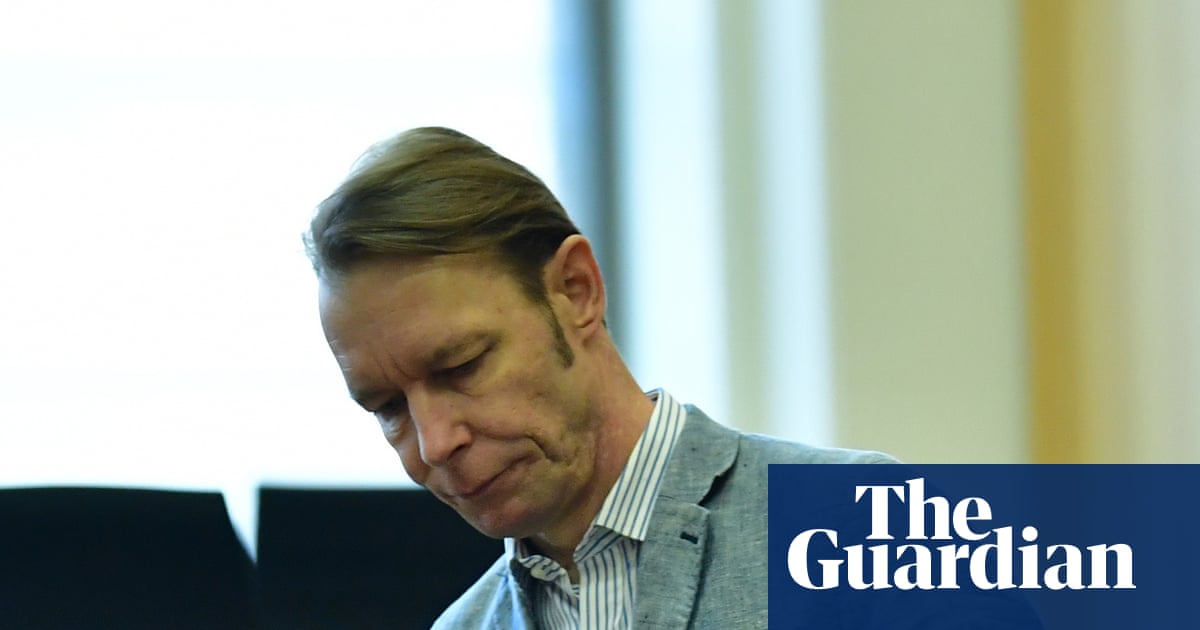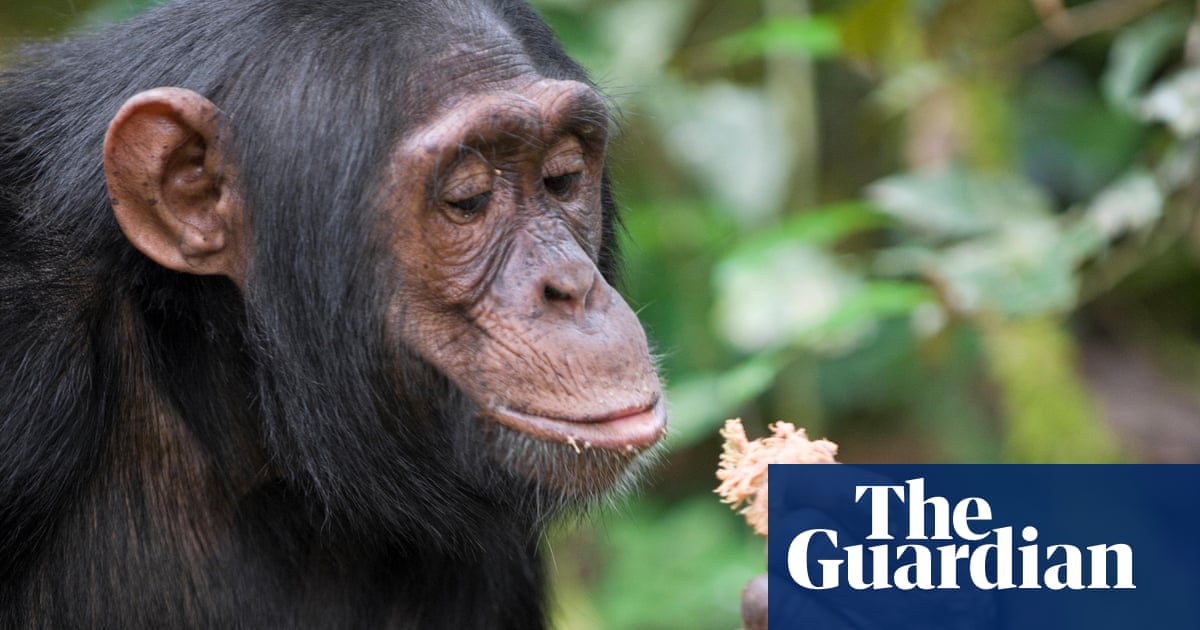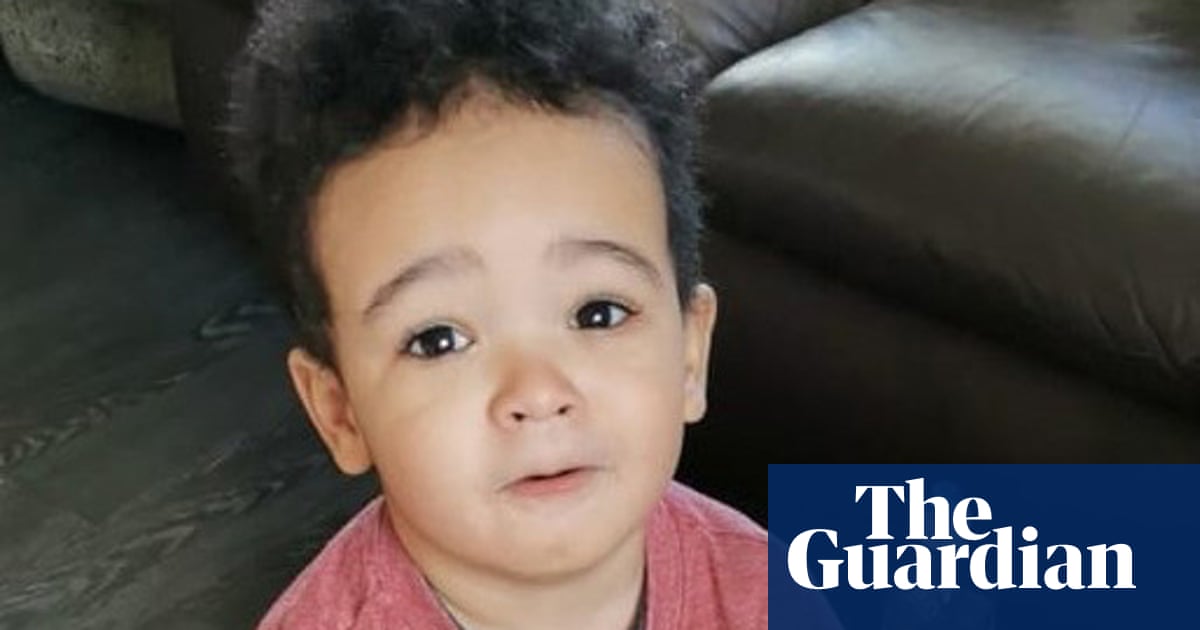Victoria Bristow was devastated when she was forced to place her adopted son back into the care of social services in England after years of struggling with little support.
“It broke my heart. But my son’s behaviour was unmanageable. He was violent. He would attack his sister, he would attack me, he attacked his grandmother. He was running away, and I was having to report him as missing – at this point he was only 10 years old,” she said.
She adopted two siblings, then aged one and three, in north Derbyshire in 2013 with her former husband. The siblings, who are neurodiverse, came from a traumatic family background and quickly developed challenging behaviour.
After years of little support other than “basic parenting courses”, Bristow had to beg social services to accommodate her son, even though medical professionals and the police advised it was the best course of action.
“I love my children. I would walk over hot coals for my children and never, ever have I regretted making them my children,” she said. “I can hate some of the things my son has done but I love him. I want him to be a happy adult with a fulfilled existence, surrounded by family and friends that love him. But at the moment, I can’t get him there on my own.”
He is now in a residential placement and getting an enhanced level of support. Meanwhile, her younger daughter relies heavily on therapy, funded by the Adoption and Guardian Support Fund, which was cut by 40% per child by the government in April, news Bristow found deeply worrying.
“That support has been life saving, and I know that sounds dramatic, but it’s really not. Families are held together by this therapeutic work, it is the glue. The NHS just can’t provide it, so there’s nowhere else to turn,” she said. “There’s a lot of talk about recruiting new adopters and that scares me because the system can’t support the adopters that are already in existence.
“How on earth does anybody think that more families can be supported when the families that are already begging for help can’t get it?”
Her experience is not unique. The children’s minister, Janet Daby, recently told parliament that 170 – to 180 adopted children return to the care system each year, although she admitted “the figures are not as robust as we would like them to be”.
The subject is still something of a taboo – campaigners and adoptive parents are aware that many people in power are reluctant to highlight an issue that may deter much-needed adoptive parents from coming forward.
But parents say there is an unacknowledged crisis of poor post-adoption support, and a lack of oversight in what happens when things go wrong.
Many adoptive parents said they had been threatened with prosecution for abandonment, or told they risked their other children being taken into care, when asking for their children to be housed by their local authority.
Demand for specialist lawyers is rising, and adoptive parents are more vocally campaigning for better rights and support.
Sarah* and her husband adopted a two-year-old boy after she had a hysterectomy in her 20s after struggling with endometriosis.
From a young age her son struggled with anger, and began hitting his parents from the age of four. They attended several parenting courses, worked with his school and begged social services for more support.
Things deteriorated rapidly after Sarah’s husband died of cancer. “It got way, way worse because I was dealing with it by myself. It was really hard and my mental health started to really take a nosedive,” she said.
Her son was eventually diagnosed with foetal alcohol spectrum disorder, and as he got older, the violence got worse. “My strongest memory is of lying on my bed and my son literally repeatedly kicking me in the stomach. This was happening on a daily basis and I went to hospital a few times because of my injuries,” she said.
“I just got to the point where I had a complete breakdown and said I can’t do this any more. I was a child protection social worker – professional, responsible, well educated. I really researched everything I possibly could to try to help my son. But my life had just changed beyond recognition.”
She first applied through section 20 of the Children’s Act for her local authority to temporarily accommodate her son, before a care order was issued, meaning she now shares parental responsibility with them.
She said the whole experience was “deeply and painfully traumatic” and has left her feeling suicidal. “At first, they said if I went ahead with it then I could be taken to court for abandonment,” she said. Then, during the court proceedings for the care order, she felt she was blamed for what happened to her son.
“I know what kind of parent I’ve been and I know how dedicated I’ve been to my son, and it was almost like none of that counted for anything,” she said.
Sarah is part of a group called PATCH (Passionate Adopters Targeting Change with Hope) that has swelled to 1,500 members, who all have similar experiences of poor post-adoption support, in many cases leading to an adoption breakdown.
The group’s founder, Fiona Wells, an adopter and social worker, recently wrote to the children’s minister to say that “a 360-degree cycle of unmet need, systemic failure, and significant human cost” was leading to “an increasing number of adopted and post-adopted children returning to care”.
The group is calling for “trauma-responsive, recovery-focused planning” that moves away from the “assumption that love is enough” to help adopted children heal.
They also want official data to be collected on the number of adoption breakdowns nationwide, a public inquiry into “punitive, blame-based social work practices”, and independent audit panels led by those with lived experience of social care.
“The current systemic response to families in crisis – particularly where early life trauma is a factor – is nothing short of scandalous,” Wells said.
* Some names have been changed to protect anonymity.

 3 months ago
119
3 months ago
119




